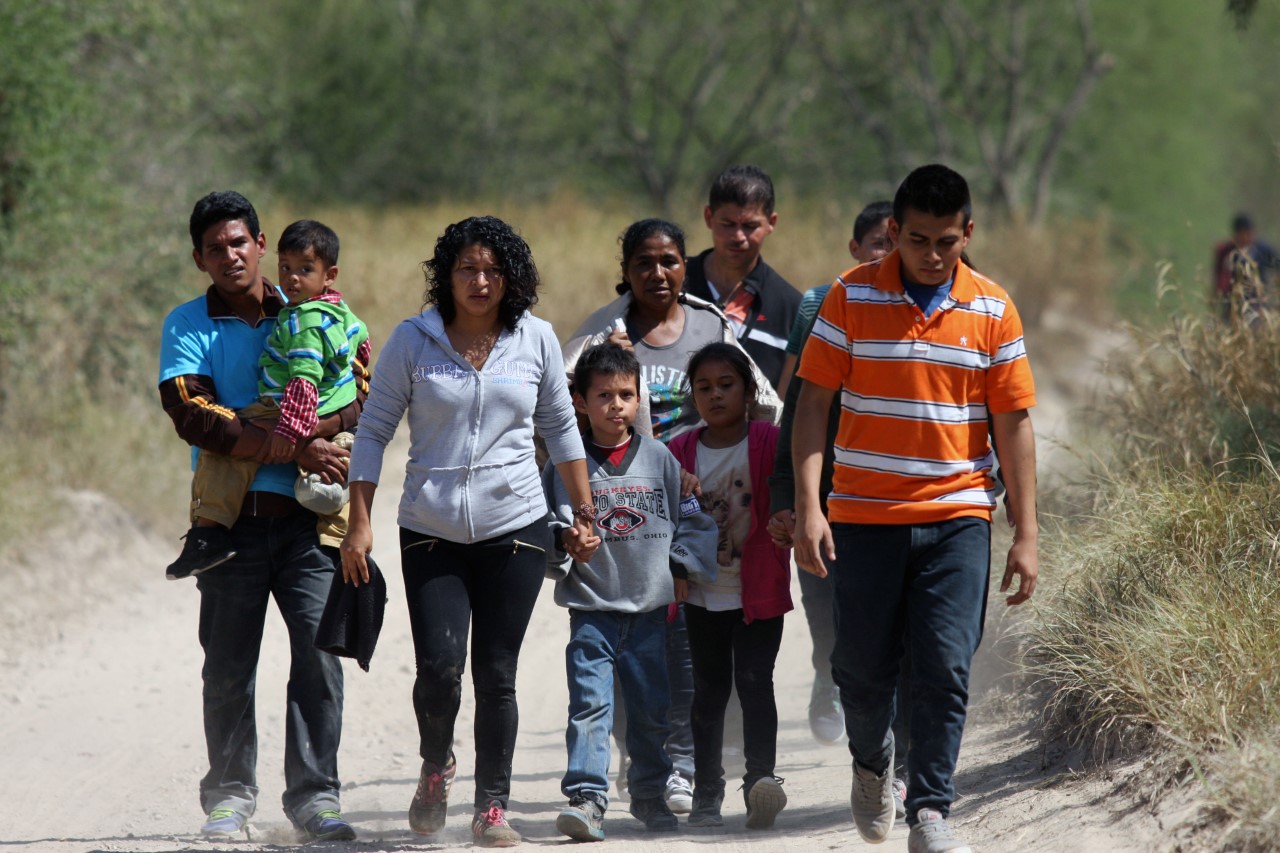| Time | to Add to Calendar 2023-10-23 09:00:00 2023-10-24 12:30:00 31st Annual National Symposium on Family Issues HUB 233B, University Park, PA and Virtual Population Research Institute css7@psu.edu America/New_York public |
|---|---|
| Location | HUB 233B, University Park, PA and Virtual |
| Description |

Immigration Policy and Immigrant Families Immigrant families are heavily influenced by immigration policies. For example, laws determining who may legally enter the country recognize certain types of family relationships while discounting others. Immigration enforcement and border policies shape family migration strategies in home communities and contribute to the separation of children from their parents. Immigrant families encounter unique stresses related to settlement, language and cultural differences, race/ethnicity, and low income, all of which are complicated by immigrants’ legal status. Moreover, the challenges many immigrants face due to their immigration status often spill over to impact their broader kinship network, potentially taxing the resources of their adult U.S.-born children and grandchildren. These issues will likely remain highly significant in the near future given the continuing growth and geographic spread of immigrants across American communities. Currently, about 14 percent of the U.S. population is foreign born, and 26 percent of all children live in an immigrant family. This symposium brings together an exceptional panel of scholars whose research is devoted to these issues and who aim to better understand how public policies and practices are impacting this large and growing group. Book Citation Van Hook, J., & King, V. (Eds.). (2024). Immigration policy and immigrant families. Springer Cham. Immigration Policy and Immigrant Families | SpringerLink
Monday, October 23, 2023 Session 1: How immigration admission and enforcement policy shapes family separation and migration strategies U.S. immigration law is oriented around family relationships and grants privileges to some types of relationships (e.g., marriage and immediate kin) over others (i.e., more distant kin), particularly for those with relatives who are U.S. citizens. Yet for immigrant families who do not have such connections, U.S. immigration policies may contribute to the separation of family members from one another, or even to the deportation of entire families including U.S.-born citizen children. Session 1 focuses on how immigration admission and enforcement policies shape the structure, formation, and separation of the families of immigrants and humanitarian migrants. Julia Gelatt, Senior Policy Analyst, Migration Policy Institute Family Reunification and Family Separation Vanessa Delgado, Assistant Professor of Sociology, Washington State University Motherhood, (Il)legality, and COVID-19: The Effects of Restrictive Immigration Policies on Latino/a Immigrant Families During the Pandemic Claudia Masferrer, Associate Professor at the Centre for Demographic, Urban, and Environmental Studies (CEDUA) of El Colegio de Mexico, Erin Hamilton, Department of Sociology, University of California Davis, and Nicole Denier, Department of Sociology, University of Alberta Adding Return Migration to the Equation: Complex Integration Processes in the Face of Binational Family Life
Session 2: Immigrant family settlement, marriage, and family building in the context of exclusion Research has documented the unique stressors and economic hardships that are associated with having unauthorized legal status. Such designations exclude immigrants and their families from legal protections, expose them to the risk of detention and deportation, and can derail undocumented children’s educational plans and career goals. Session 2 focuses on how families and children growing up in the context of exclusion weather these challenges. Sarah Rendon Garcia, National Science Foundation Social, Behavioral, & Economic Sciences (SBE) Postdoctoral Fellow at the Harvard Graduate School of Education, and Sarah Bruhn, Population Studies Center, University of Pennsylvania Understanding the Impact of U.S. Immigration Policy on Parenting Asad L. Asad, Assistant Professor of Sociology, Stanford University Present and Absent: Institutional Surveillance among U. S. Latinos by Citizenship and Parental Status Laura E. Enriquez, Associate Professor of Chicano/Latino Studies, Associate Director, Center for Liberation, Anti-Racism & Belonging, University of California, Irvine, and Jenniffer Perez Lopez, Department of Sociology, University of California Irvine (Re)building Families: How Undocumented Young Adults Negotiate and Contest Legal Violence in Their Extended Families and Romantic Relationships
Tuesday, October 24, 2023 Session 3: The longer-run impact of immigration policy on the U.S.-born children and grandchildren of immigrants Many noncitizens and unauthorized immigrants face financial hardships and are categorically excluded from public programs and are ineligible for benefits. Yet they are embedded in households and kinship networks that are composed of a mixture of U.S. citizens and noncitizens. Session 3 explores how the impacts of immigrants’ legal status can spill over to impact the wider kinship network, including the health and well-being of their U.S.-born citizen children. Neeraj Kaushal, Professor of Social Policy, School of Social Work, Columbia University, Xiaoning Huang, Feinberg School of Medicine, Northwestern University, and Hao Wen, School of Social Work, Columbia University Policy Vacuum on DACA: Health and Well-being of DACA-Eligible Adults and Their Children May Guo, Associate Professor, School of Social Work, The University of Iowa Aging in a Foreign Land: Family Dynamics and Later Well-being in Chinese Immigrant Families Jody Agius Vallejo, Associate Professor of Sociology, Associate Director, Equity Research Institute, University of Southern California, and Stephanie Canizales, Department of Sociology, University of California Merced Precarity Ripples: Legal Status, Economic Mobility, and Well-Being Within and Across Generations
Symposium Sponsors The Symposium on Family Issues is sponsored annually by The Eunice Kennedy Shriver National Institute of Child Health and Human Development (R13 HD048150) along with Penn State’s Population Research Institute and Social Science Research Institute. We are grateful for support from the Penn State departments of Sociology & Criminology, Psychology, and Human Development & Family Studies, in addition to support from the Child Study Center, the Prevention Research Center, and Clinical & Translational Science Institute. Also see: |
| Contact Person | Carolyn Scott |
| Contact Email | css7@psu.edu |
| Event Type |
